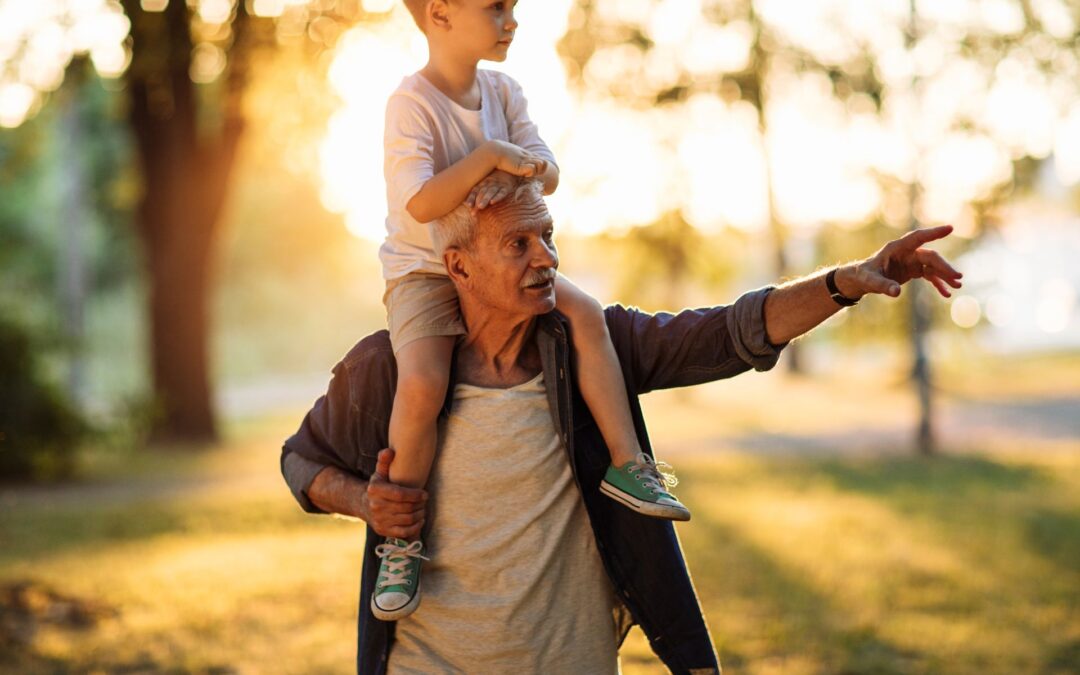Strolling through Ephesians, we bump into a bunch of “Be’s”.
Be holy and blameless. (5:27)
Be completely humble and gentle. (4:2)
Be patient. (4:2)
Be made new in the attitude of your minds. (4:23)
Be kind and compassionate to one another. (4:32)
Be imitators of God. (5:1)
Be strong in the Lord. (6:10)
Be very careful how you live, as wise people. (5:15)
Be alert and always keep on praying. (6:18)
Loving Lord, I pray You will create in _________________ a thirst to please You.
May _________choose to imitate you – walking in harmony with Your will in personal integrity and in relationships with people.
I ask, Father, that You continue to build into ______________
holiness,
humbleness,
gentleness,
and patience.
Keep_____________–developing and growing in
kindness,
compassion,
wisdom,
and strength.
I pray, O God, that You would help ___________ be alert and aware of danger and to develop a habit of prayer.
Used by permission from “Praying Grandmothers” Peggy Powell






0 Comments